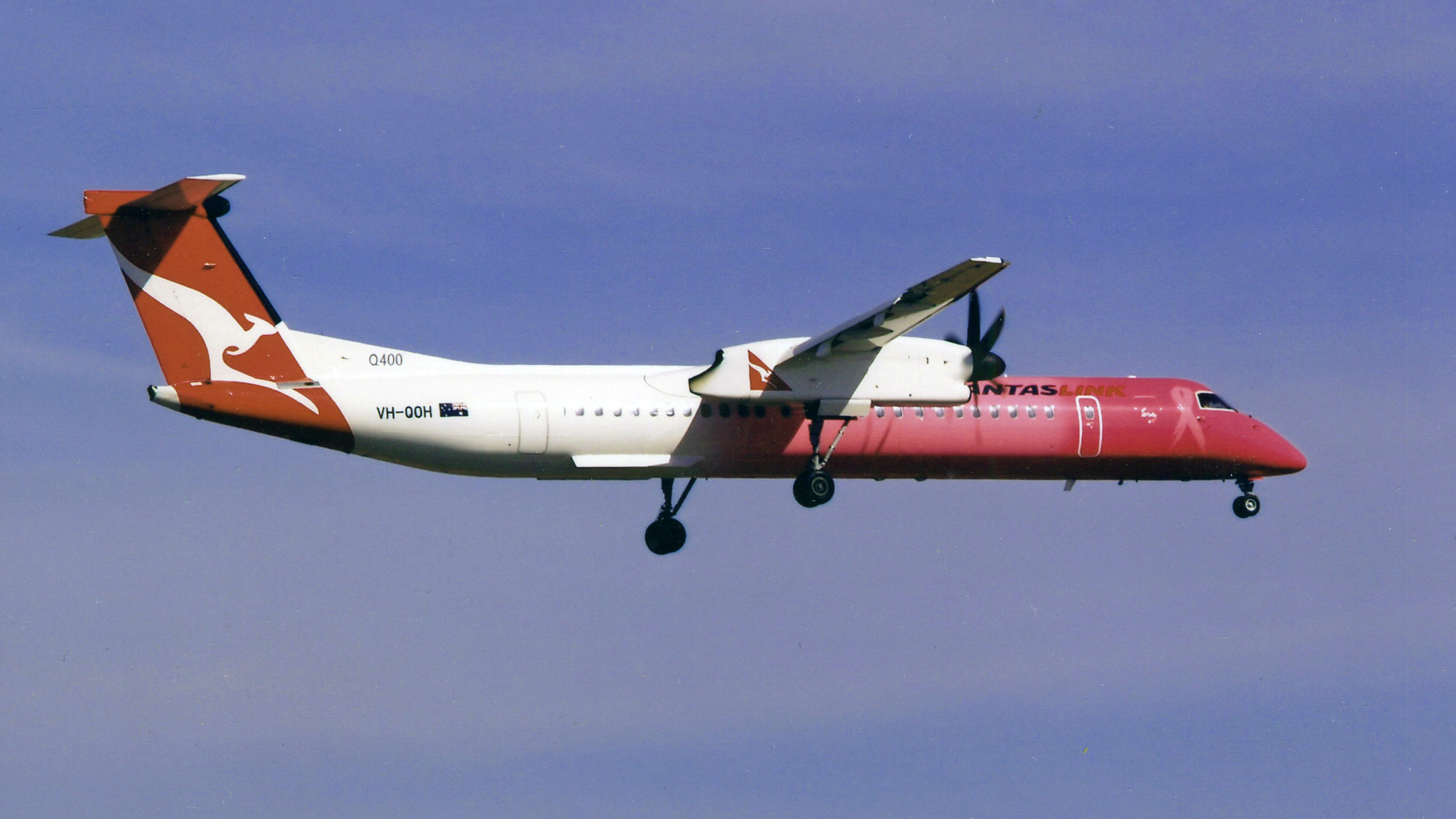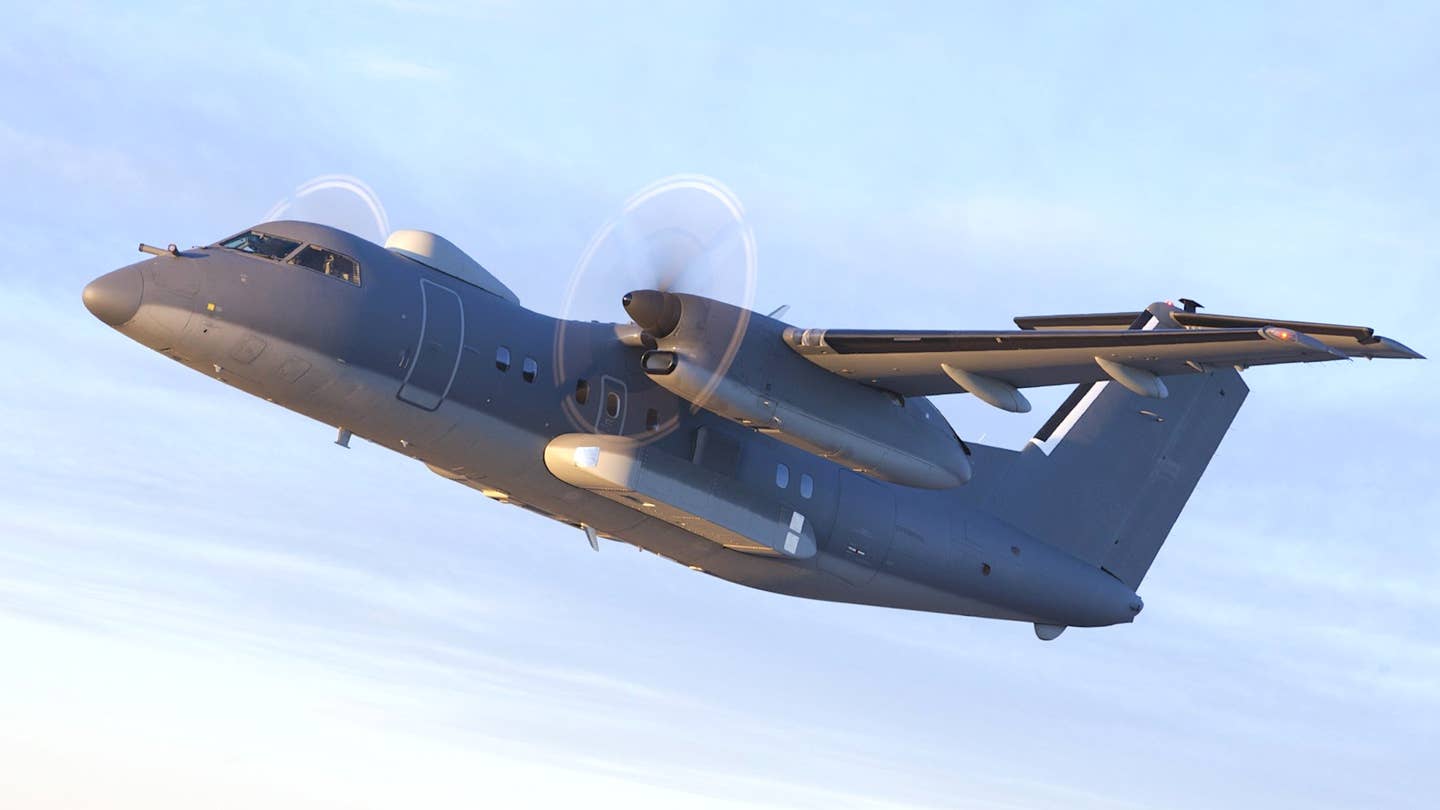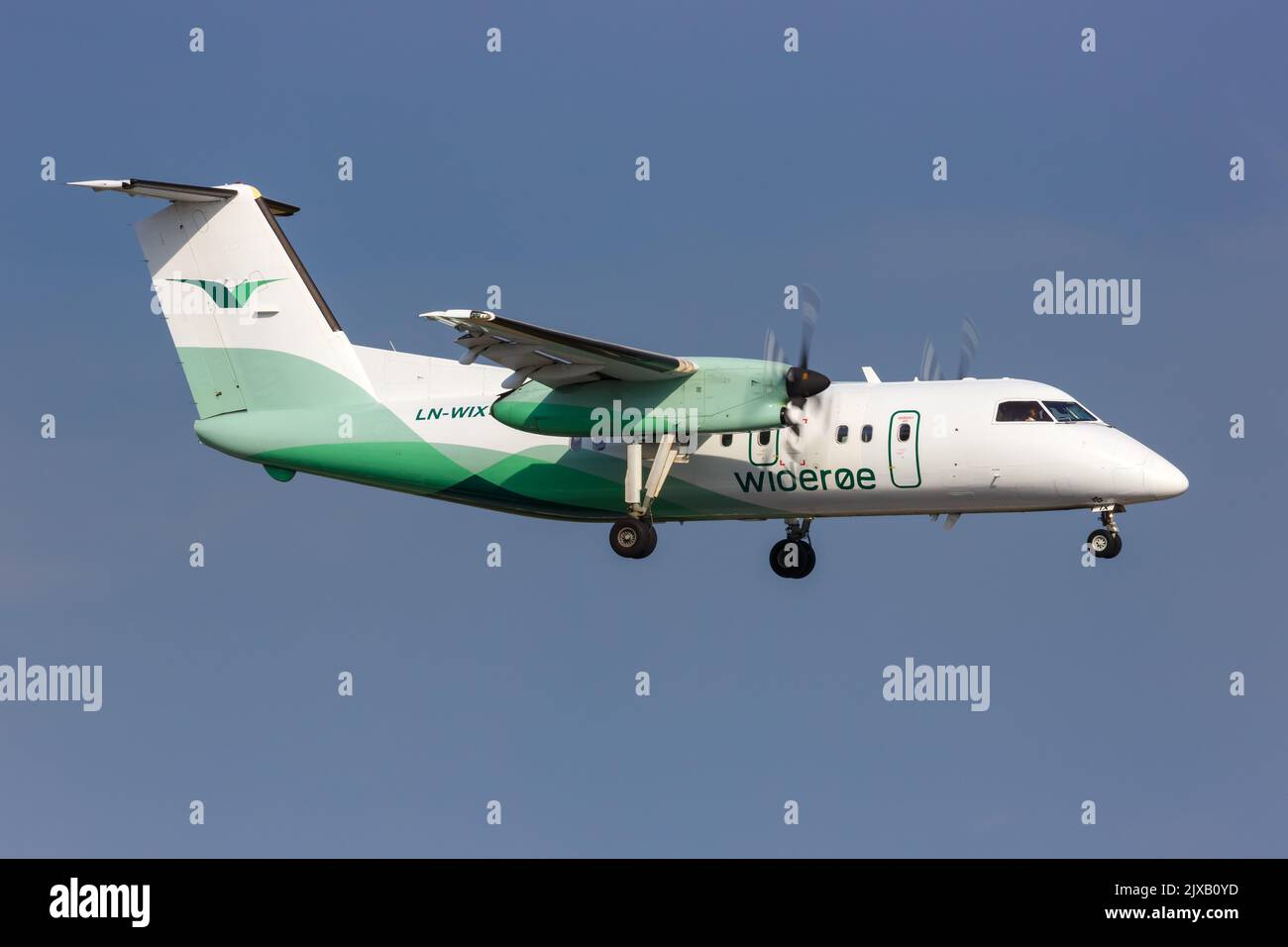Aircraft Designation Codes - (2) Basic Mission: The letter to the left of the dash (or the vehicle type symbol) designates the basic mission of the aircraft. Because both basic mission letter in "normal" and vehicle type letter in "special" aircraft
are immediately to the left of the dash (and define in which series the MDS is numbered, see section (4) below), both groups of letters have to be distinct to avoid ambiguities, but this rule was violated with the introduction of the S-for-Spaceplane
Aircraft Designation Codes
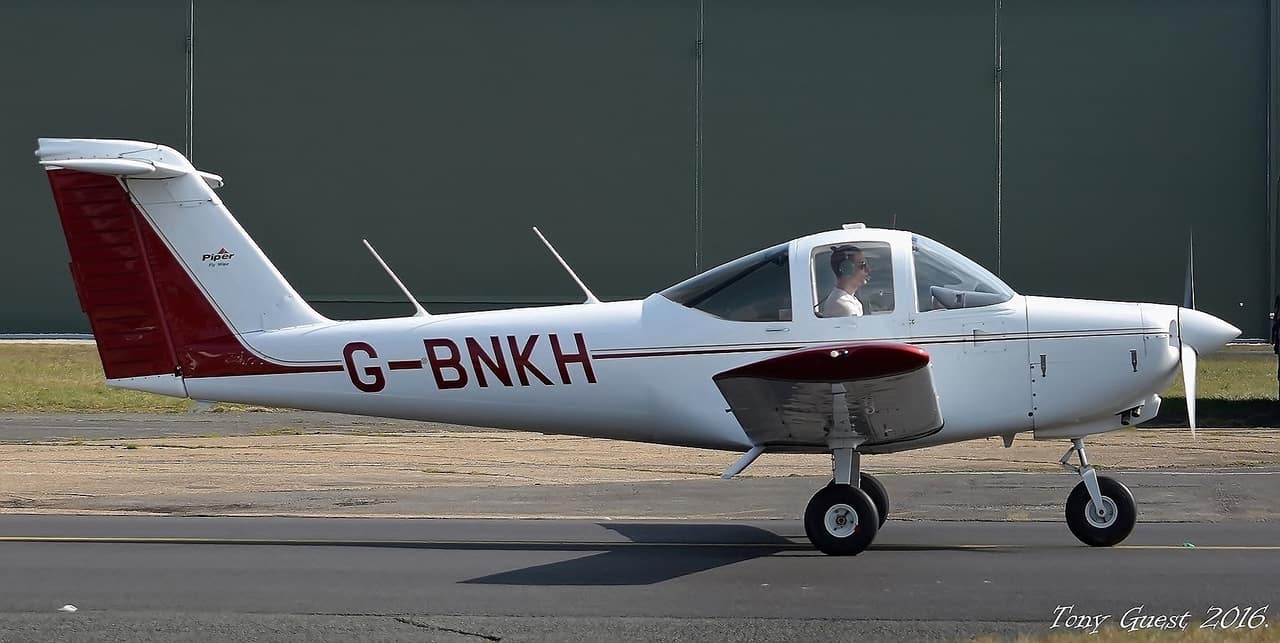
vehicle type symbol. Designations, which include a vehicle type symbol, must also include at least one basic or modified mission (see section (3) below) symbol to designate the mission of the "special" aircraft (i.e., the designation
Introduction
YV-22A is not conforming to the regulation). (6) Status Prefix: Any aircraft, which is not in normal operational service, can receive a prefix letter in its designation to reflect its current status. to the left of the basic mission symbol, both groups of letters are distinct to avoid ambiguities.
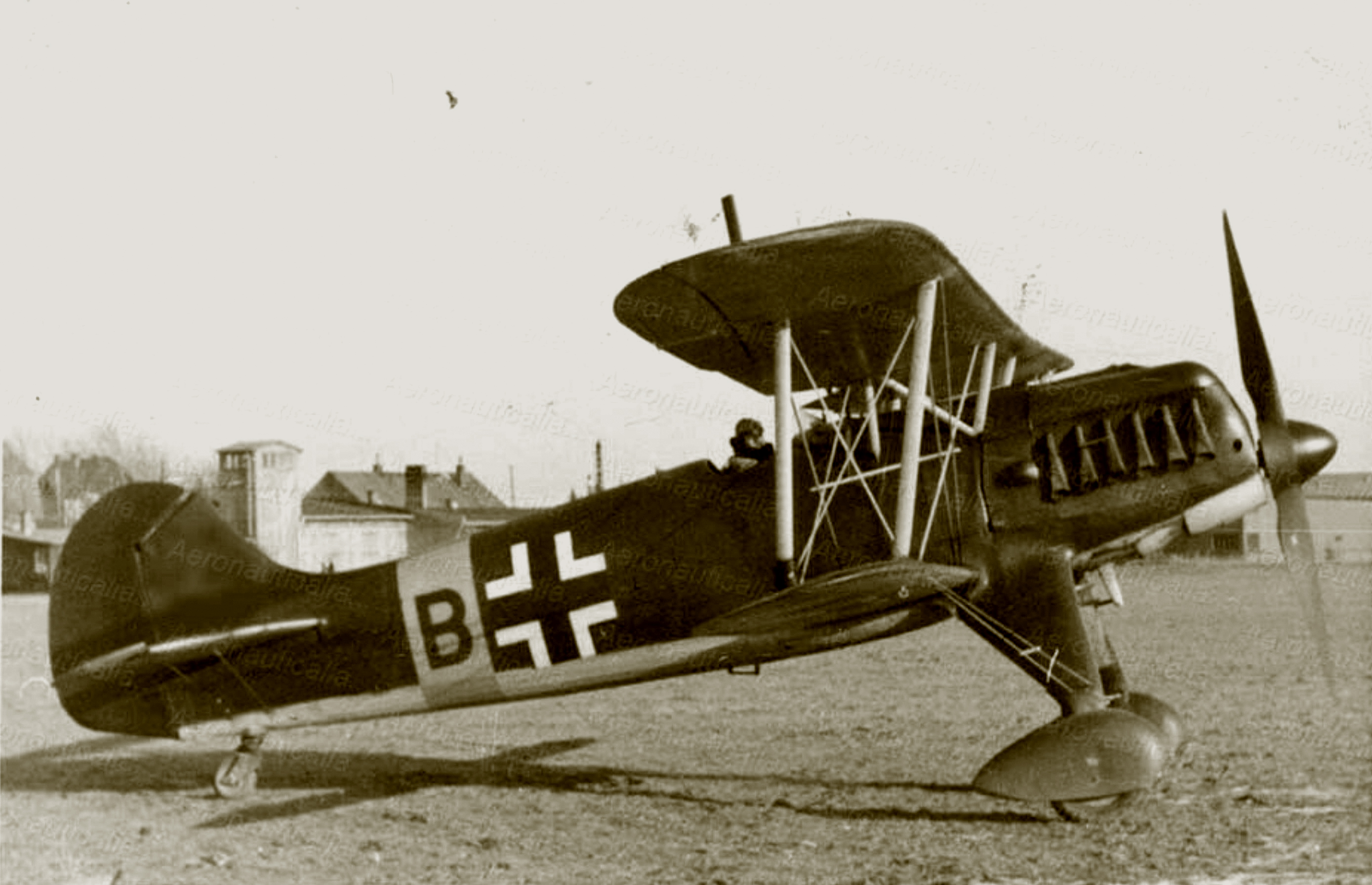
The following status prefixes are defined: (9) Manufacturer Code Letters: The original designation system as defined in 1962 also mandated the use of a two-letter code suffix to identify the manufacturing plant of an aircraft. Like the block numbers, these code letters were introduced by the USAAF during
World War II. However, manufacturers' codes were officially dropped from the regulations in 1976. definitely no longer mandatory, and even their optional use has apparently essentially ceased. 1962 follows: United States military aircraft are all given specific designations by the Department of Defense known as MDS designations (Mission Design Series) that identify their design and purpose.[1]
X Research sources This joint designation system was introduced by the Department of Defense in 1962, replacing the separate systems of the US Air Force, US Navy, US Marine Corps, US Army, and US Coast Guard. read them.

Sources
According to the rules, all aircraft operated by the U.S. military services (Air Force, Navy, Marines, Army) are to receive an official designation as defined in AFI 16-401(I). off-the-shelf aircraft under the manufacturers' designations. designations to most of its aircraft, and the NASA uses the X-for-Experimental designation series extensively
for its own research aircraft. Field length means the balanced field length (which is when the take-off distance required is equal to the accelerate-stop distance required) if applicable, or take-off distance in other cases. Airplane reference field length is defined as "the minimum field length required for take-off at maximum certified take-off mass, at sea level, in International Standard Atmosphere conditions in still air and with zero runway slope as documented in the Aircraft Flight Manual (AFM) or equivalent document.
It should be noted that Element 2 is often used on its own since it has direct relevance to detailed airport design. The ICAO Aerodrome Reference Code is a two part categorization of aircraft types which simplifies the process of establishing whether a particular aircraft is able to use a particular aerodrome. It is included in ICAO Annex 14. It has two 'elements', the first is a numeric code based on the Reference Field Length for which there are four categories and the second is letter code based on a combination of aircraft wingspan and outer main gear wheel span.
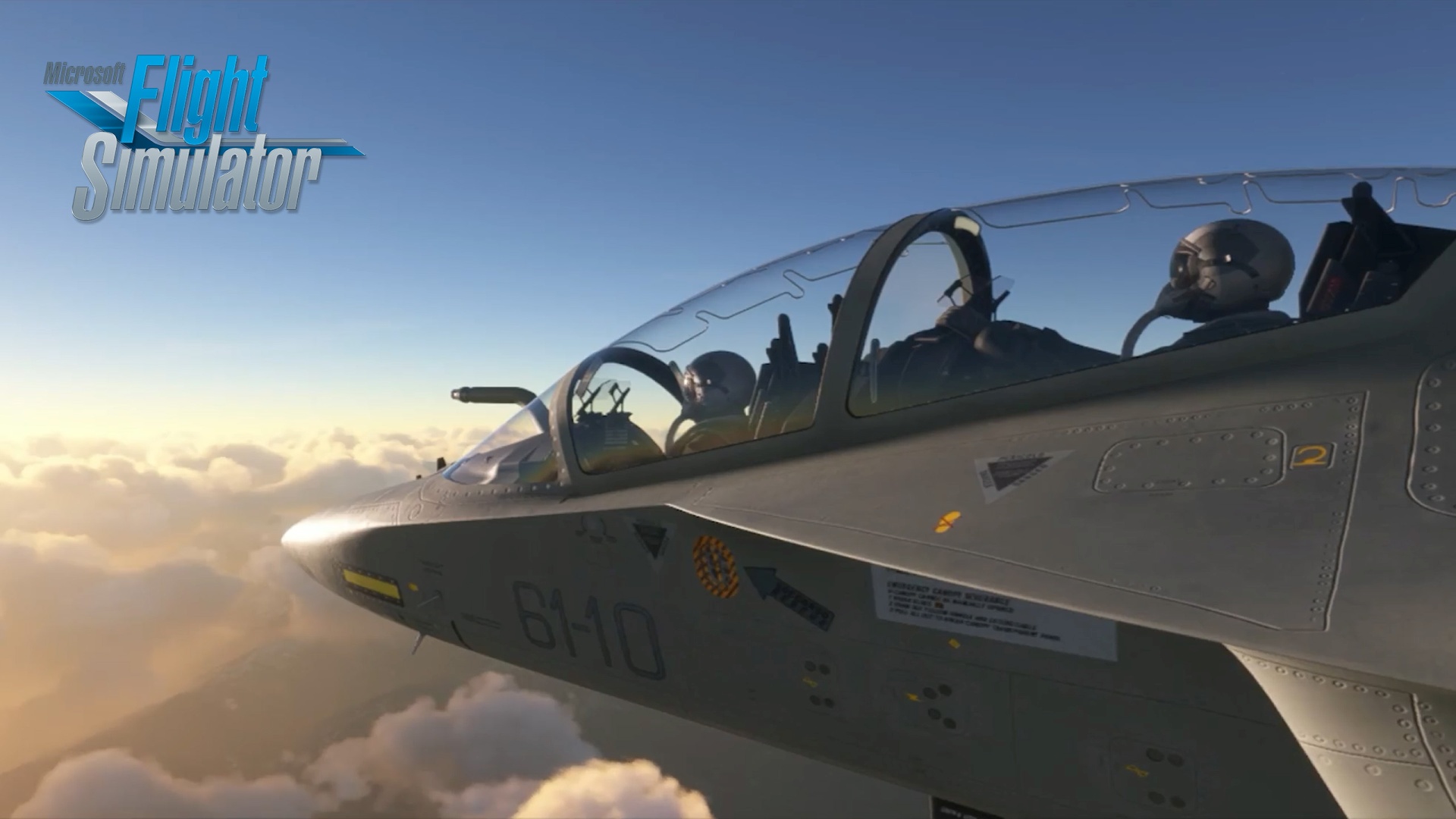
(7) Popular Name: Many U.S. military aircraft have an official "popular name" assigned. This official name can't be assigned by the manufacturer and/or DOD customer at will, but has to run through an approval process in which proposed names are checked for conflicts
with existing names (both military and commercial) and their "political correctness". disregarded by the people actually flying or maintaining the aircraft. (3) Modified Mission: To the left of the basic mission symbol an optional modified mission letter can be used, when an
aircraft is used for a different purpose than originally designed. letter can be used, but this rule has been violated a few times, e.g. in the EKA-3B designation. vehicle type symbol, can optionally omit the basic mission letter if a modified mission letter is used instead (as shown by the
MQ-9A example). The modified mission symbols are in general the same as the basic mission symbols, but add a few more letters. The following modified mission symbols are defined: The purpose of this article is to present an overview of the
aircraft designation system together with notes explaining the details and some exceptions. system is covered in the article on Current Designations of U.S. Unmanned Military Aerospace Vehicles, and the actual process of allocating a designation is explained on the page about
Allocation of Official Aerospace Vehicle MDS Designations. wikiHow is a “wiki,” similar to Wikipedia, which means that many of our articles are co-written by multiple authors. To create this article, 20 people, some anonymous, worked to edit and improve it over time.

There are 7 references cited in this article, which can be found at the bottom of the page. This article has been viewed 267,954 times. Learn more... [1] AFR 66-11, AR 700-26, BUWEPSINST 13100.7: "Designating, Redesignating, and Naming of Military Aircraft", 1962 and 1968 editions
[2] Department of Defense: "Model Designation of Military Aircraft, Rockets and Missiles", 7/1964, 1/1965, 7/1965, 1/1970 editions [3] Department of Defense Publication 4120.15-L: "Model Designation of Military Aerospace Vehicles", 1974, 1977, 1986, 1987, 1990, 1993, 1996, 1998 and
2004 editions [4] AFI 16-401(I), AR 70-50, NAVAIRINST 13100.16: "Designating and Naming Military Aerospace Vehicles" [5] Department of Defense Aircraft Nomenclature Records In the following section, each of the six elements is explained in detail. to document when this particular symbol is/was valid. If one of the bounds is given as a range (e.g. 1978/86), this means that I don't
know the respective year more exactly.
military aircraft designation code, model designation army aircraft, icao aircraft designation codes, aircraft type code, p aircraft designation, air force aircraft designation, aircraft designations and types, faa aircraft type designators
